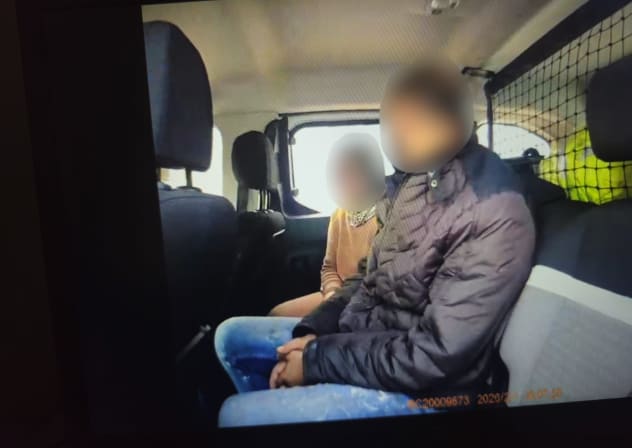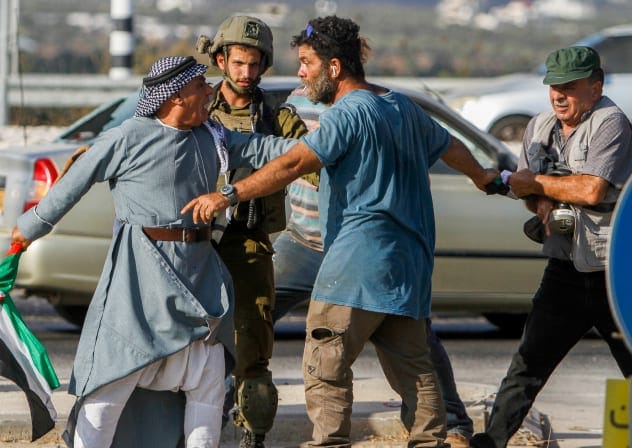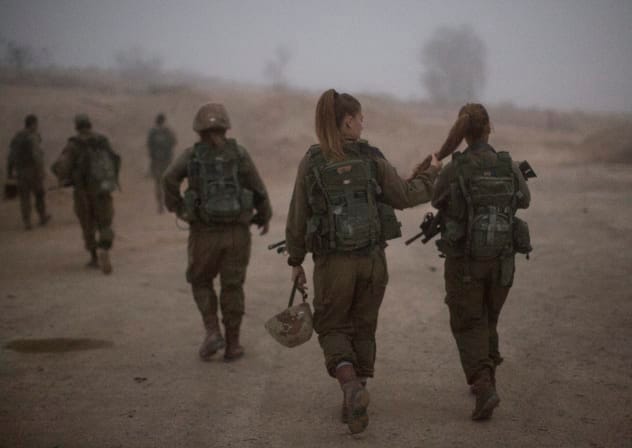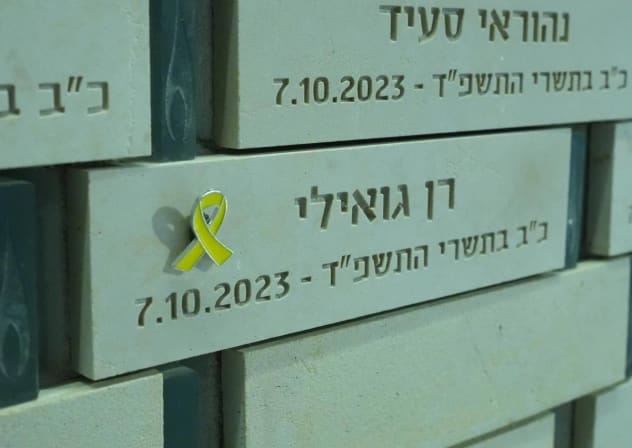Palestinian woman, Israeli man arrested after pretending to be married to enter Israel
According to the police, the "couple" was stopped in their vehicle at a crossing between the West Bank and Israel.

According to the police, the "couple" was stopped in their vehicle at a crossing between the West Bank and Israel.




Government officials believe Christian pilgrims, Evangelical travelers, and Jewish communities overseas can form the backbone of a gradual recovery, even as broader tourism remains constrained.

Under the shift, only incidents that show a “clear intent to kill” will be classified as terrorism

The accused are believed to have been responsible for smuggling millions of shekels' worth of goods into Gaza for Hamas, both while the Gaza war was still ongoing and after the ceasefire began.

The protest comes after farmers resumed milk supply to dairies on Wednesday morning. They had halted the supply throughout Tuesday, leading to milk shortages.

Under Alian, for the entire war, 112,000 aid trucks have been brought into Gaza, including 1,700,000 tons of food, and over the war, 9,600 tons of medical items have been brought to Gaza.

Focusing on southern Lebanon, the Shahaf unit has already helped locate and kill around 60 Hezbollah terrorists over the last year.

At the heart of the matter are claims that Ben-Gvir violated a series of agreements laid out between him and Attorney-General Gali Baharav-Miara on the limits of his involvement in police conduct.

The pin was removed in a solemn ceremony organized by the Families, Commemoration and Heritage Division at the Defense Ministry, following the return of Gvili's body to Israel from Gaza.

N12 reported that the protests arose because around 80 haredim are scheduled to enlist in combat support roles.

The IDF said armored units and Israel Air Force aircraft struck targets in the area and called the incident a blatant violation of the current ceasefire agreement.
